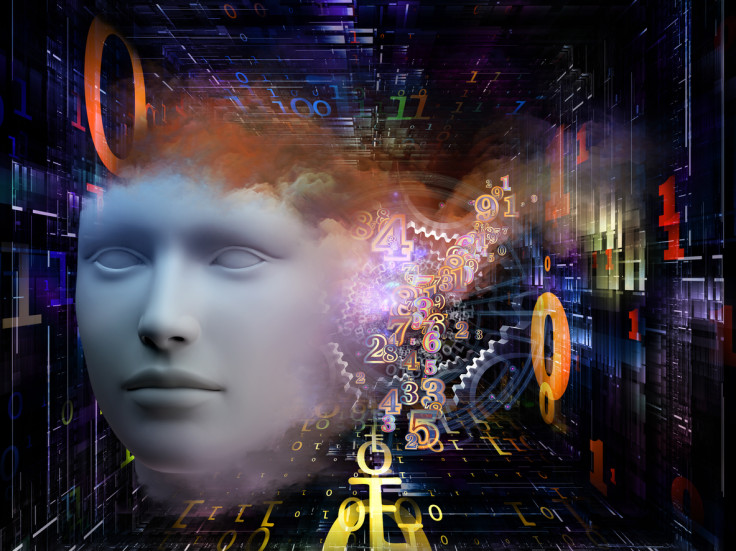Studying the 'aha' moment has revealed a fundamental aspect of human consciousness
Scientists have found a way to objectively pinpoint moments of consciousness.

The brain does a lot of work without our knowing it. Some of this subconscious activity pierces through to a level where we suddenly become conscious of it. Now scientists have made a breakthrough in understanding how this transition from subconscious to conscious happens.
One of the main problems in studying this process is that pinpointing when something becomes conscious has been an entirely subjective judgment. Typically people being studied in neuroscientific research will simply tell the researcher when they became conscious of a particular thought, decision or perception.
But neuroscientists had no way to test this. Were the study participants telling them something meaningful? Or was the moment of consciousness actually happening at another moment?
Mathematics of consciousness
Now, researchers have found a way to verify this moment. Five participants watched a screen with a series of dots making subtle movements either to the right or to the left. They had to watch the screen until they had decided which way the dots were moving. Once they had decided - when they had their 'aha' moment - they had to say at what time they realised the direction they were going in.
Then, the researchers used a well-known mathematical relationship between accuracy of decisions and how long it takes participants to make them. The longer they take to make this kind of judgment, the less accurate they tend to be.
So they then tested whether the time the participants reported making the decision could predict their accuracy in the task. As it happens, the two fitted very well, suggesting that the participants were really relating the moment of realisation.
"There's all sorts of fascinating steps the brain takes that can be described by maths," study author Michael Shadlen of Columbia University told IBTimes UK.
"We could take this subjective recording in time and say, if the maths is right, we should be able to predict how accurate each of the subjects were. In four out of the five subjects, the calculations were uncannily perfect."
No need for 'magic'
Shadlen argues that consciousness is intimately tied up with the intention to communicate a decision or realisation to another person, or to a version of yourself. This is what distinguishes conscious thought and action from subconscious thought and action – like having a shower first thing in the morning but not being able to remember it later because you weren't fully conscious of what you were doing.
"Much of the way that philosophers tend to think about consciousness makes the problem very hard. They tend to feel like they need to do something very magical to mental processes to raise them to consciousness. I really do mean magic – some incantation in sense of oscillations or electrical explosions in the brain," Shadlen said.
"But what we think is that consciousness is like a lot of other things we do. We make decisions about a lot of the things we're going to do next. One of those things is reporting. Reporting to another person is a very interesting thing to do because it involves imagining a world that isn't just there for me to do things in automatically. It's a world that then becomes inhabited by another mind about which I have theories."
One facet of many
Steve Fleming, a scientist studying metacognition at the Wellcome Trust Centre for Neuroimaging at UCL, welcomed the study as "very careful and elegant".
"It takes something that in the study of consciousness has always been very subjective and unclear, this idea that we have an internal impression or feeling of when we make a decision. But up until now it's been unclear whether these judgments are valid," Fleming said.
However, there are some caveats worth looking at further, he added. The type of awareness that Shadlen and his colleagues focus on is one particular aspect of consciousness, but it's probably not the whole story.
"Even before people have committed to a choice when doing this kind of task, they have a sense of confidence in whether they're likely to make a good decision or a bad decision. So they're clearly conscious of lots of different aspects of the task.
"A judgment or feeling of having made a decision is an interesting aspect of consciousness, but there are others that wouldn't necessarily be captured by their model."
© Copyright IBTimes 2025. All rights reserved.






















